In this latest episode of Privacy Files, Rich and Sarah take on their most ambitious investigation thus far.
From wearable technology and DNA analysis for ancestry research, to at-home blood tests and scheduling doctors’ visits online, people now freely share more of their medical information than at any other time in human history. And along with the rise in the use of technology to analyze the details of our intimate medical history comes the increase in opportunities for abuse of that sensitive data.
While the topic of healthcare privacy is impossible to fully unpack in only one episode, Rich and Sarah provide a thorough introduction to the topic. And there’s little doubt, there will likely be many more episodes in the future addressing various aspects of this highly involved subject.
To kick off the show, Rich talks about the recent news of Amazon launching a new prescription drug service called RxPass, giving subscribers access to more than 50 commonly prescribed medications for a flat monthly fee of $5. It’s just one more example of Amazon’s strategic goal of dominating the entire healthcare supply chain–and acquiring the rich personal data that accompanies that powerful position.
Rich then digs into the groundbreaking investigation by The Markup discovering that 33 of Newsweek’s “Top 100 Hospitals in America” were using Meta’s Pixel Tracker, which was sending private medical information back to Facebook without patient consent.
Sarah then dives into wearable technology, talking about the Apple Watch and how it can track detailed information on sleep, ovulation cycles, heart health, and general fitness levels, and the implications if that data falls into the wrong hands.
Sarah also addresses how blood samples are taken for newborn screening. Why is it mandatory? Where does this blood go? How long is it stored? What is it used for beyond the primary reason given?
To close out the episode, Rich talks about DNA used for ancestry research and at-home blood tests that are used to screen for genetic predispositions to disease, metabolic sensitivities and food allergies. Sarah takes us home by looking at the types of information we share with insurance companies.
Links Referenced:
https://themarkup.org/pixel-hunt/2022/06/16/facebook-is-receiving-sensitive-medical-information-from-hospital-websites
https://www.nationwidechildrens.org/family-resources-education/health-wellness-and-safety-resources/helping-hands/newborn-screen-blood-test
https://www.cbsnews.com/news/newborn-baby-blood-tests-privacy-concerns/
https://transmitter.ieee.org/wearables-and-privacy-what-you-need-to-know/
https://wjlta.com/2020/11/07/is-your-personal-health-still-personal-privacy-issues-with-wearable-tech/






